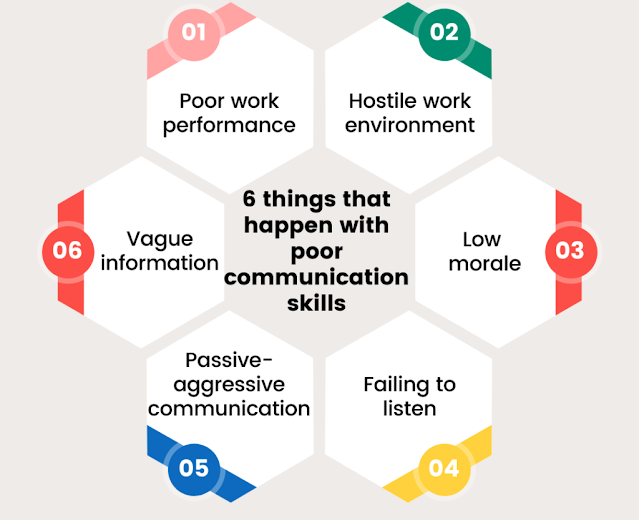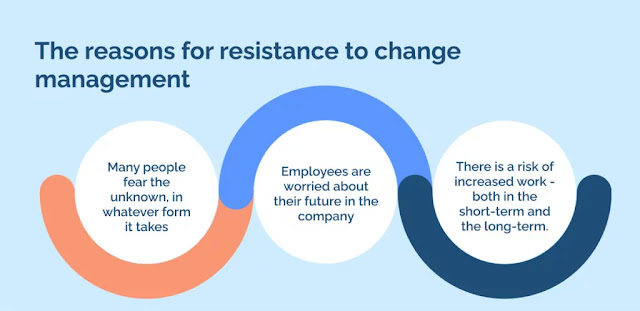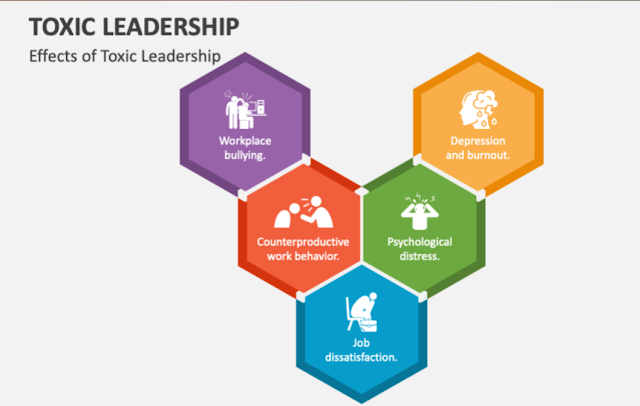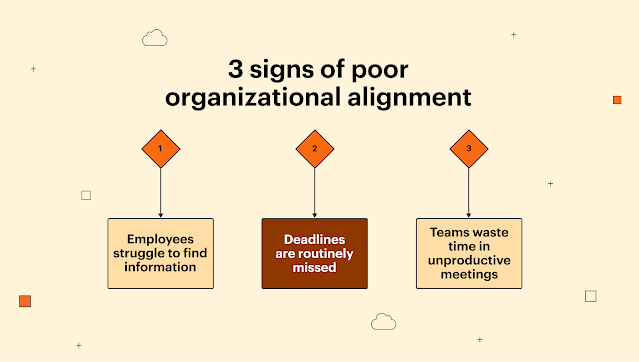Nurturing a Flourishing Company Culture: Identifying Killers and Crafting Solutions
In the realm of business, the elusive concept of company culture reigns supreme. It is the unseen force that shapes behaviors, guides decision-making, and defines the overall essence of an organization. A thriving company culture is often touted as a beacon of success, fostering innovation, productivity, and employee well-being. However, lurking beneath the surface are insidious elements that can dismantle this culture, stunting growth and hindering progress. Let us embark on a journey to uncover these clandestine killers that plague company cultures worldwide.
Lack of Communication:
A silent but potent assassin, poor communication corrodes the very foundation of a healthy company culture. When communication channels falter, information becomes distorted, misunderstandings arise, and alignment wanes. This can breed distrust among team members and leadership, leading to a toxic atmosphere where collaboration becomes arduous.

Impact on Indian Business:
In India, where hierarchies and formal structures are deeply ingrained, ineffective communication can exacerbate existing barriers. Miscommunication due to diverse languages, cultural nuances, and hierarchical structures often leads to misunderstandings, delays, and inefficiencies in decision-making. This hampers productivity and stifles innovation, impacting the competitive edge of Indian businesses on the global stage.
Inflexibility and Resistance to Change:
Averse to evolution, some cultures cling stubbornly to outdated practices and resist change. This inflexibility stifles innovation and growth, causing the organization to fall behind in a rapidly changing landscape. Employees feel demotivated in such environments, as their ideas and suggestions are often met with resistance.

Impact on Indian Business:
Traditional values and resistance to change are prevalent in many Indian organizations. While rooted in rich cultural heritage, excessive adherence to age-old practices can hinder agility and responsiveness to market demands. This lack of adaptability can restrict growth and limit the potential for Indian businesses to embrace emerging technologies and evolving market trends.
Toxic Leadership:
A leader holds the compass for the company culture. When leadership fosters a toxic environment through micromanagement, favoritism, or lack of empathy, it permeates through the entire organization. Employees lose morale and engagement, leading to higher turnover rates and reduced productivity.

Impact on Indian Business:
India’s business landscape often encounters challenges related to hierarchical structures and authoritative leadership styles. Toxic leadership breeds a culture of fear and hampers innovation. In a country where respect for authority is deeply embedded, challenging hierarchical norms becomes difficult, leading to suppressed creativity and high employee turnover.
Lack of Diversity and Inclusion:
Homogeneity in perspectives can be detrimental to a company’s culture. A lack of diversity and inclusion stifles creativity and innovation, hindering the organization’s ability to adapt to a dynamic marketplace. Embracing diverse voices and fostering an inclusive environment is crucial for a thriving culture.

Impact on Indian Business:
Absence of Recognition and Appreciation:
Failing to acknowledge and appreciate employees’ contributions is a silent killer of morale. When hard work goes unnoticed or unappreciated, employees feel undervalued, leading to disengagement and a lack of motivation to excel.

Impact on Indian Business:
Indian cultural norms often emphasize humility and collective success over individual recognition. However, the lack of acknowledgment for individual contributions can lead to diminished morale and reduced engagement. It may discourage employees from going the extra mile, impacting overall productivity and quality of work.
Unclear or Misaligned Values:
An organization’s values serve as its compass, guiding decisions and actions. When these values are unclear or incongruent with the actions of the leadership, it creates confusion and erodes trust within the workforce.

Impact on Indian Business:
Values play a significant role in Indian businesses, often reflecting societal norms. When organizational values are ambiguous or conflicting with societal values, it leads to confusion and erodes trust. This misalignment can affect employee loyalty, customer trust, and overall brand reputation.
Poor Work-Life Balance:
In the pursuit of success, many companies overlook the importance of a healthy work-life balance. Constant overwork and burnout lead to decreased productivity, increased stress, and employee dissatisfaction, ultimately corroding the company culture

Impact on Indian Business:
India’s work culture often leans toward long working hours and high job demands, impacting employees’ work-life balance. This results in burnout, reduced productivity, and adversely affects physical and mental well-being. Organizations failing to address this imbalance may experience higher turnover rates and decreased employee satisfaction.
Enhancing Communication:
- Foster a culture of open communication by encouraging feedback and active listening.
- Implement communication tools and training programs that bridge language and cultural barriers.
- Create transparent channels for information dissemination across hierarchies.
Embracing Change and Flexibility:
- Encourage a culture that embraces innovation and change by showcasing success stories from adaptable teams.
- Provide training and support for employees to navigate and embrace new technologies or processes.
- Involve employees in decision-making processes to gain their buy-in for changes.
Cultivating Positive Leadership:
- Offer leadership development programs emphasizing emotional intelligence and inclusive leadership styles.
- Encourage a bottom-up approach where employees feel valued and empowered to share ideas and feedback.
- Hold leaders accountable for fostering a healthy work environment and mentorship programs.
Promoting Diversity and Inclusion:
- Implement diversity training programs and policies that ensure fair treatment and opportunities for all.
- Actively recruit from diverse backgrounds and create affinity groups to celebrate diverse cultures within the organization.
- Encourage diverse perspectives in decision-making processes.
Aligning Organizational Values:
- Clarify and communicate organizational values consistently across all levels.
- Encourage leaders to embody these values in their actions, becoming role models for the workforce.
- Review and realign policies and practices to ensure they reflect the stated values.
Supporting Work-Life Balance:
- Promote flexible work arrangements and policies that support work-life balance.
- Encourage taking breaks, vacations, and provide mental health support programs
- Lead by example by respecting boundaries and not glorifying overworking.
Conclusion:
In the intricate tapestry of Indian business, overcoming cultural challenges is pivotal for sustained growth. Managing these company culture killers demands a balanced blend of proactive leadership, inclusive policies, and a commitment to fostering open communication and adaptability. By acknowledging these challenges and implementing tailored strategies, businesses can pave the way for a vibrant, inclusive culture that propels both individuals and organizations toward success in the dynamic Indian market landscape.

